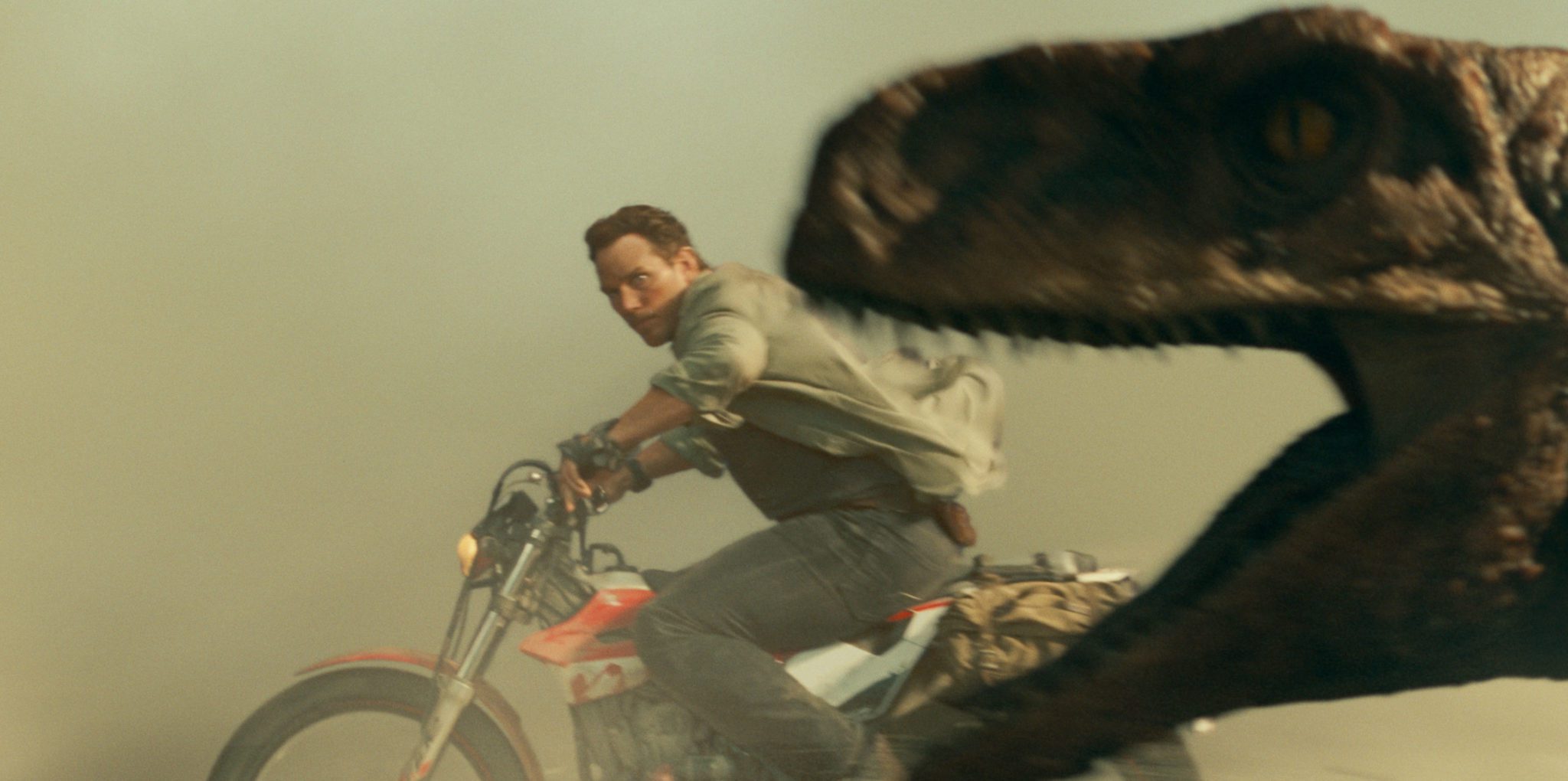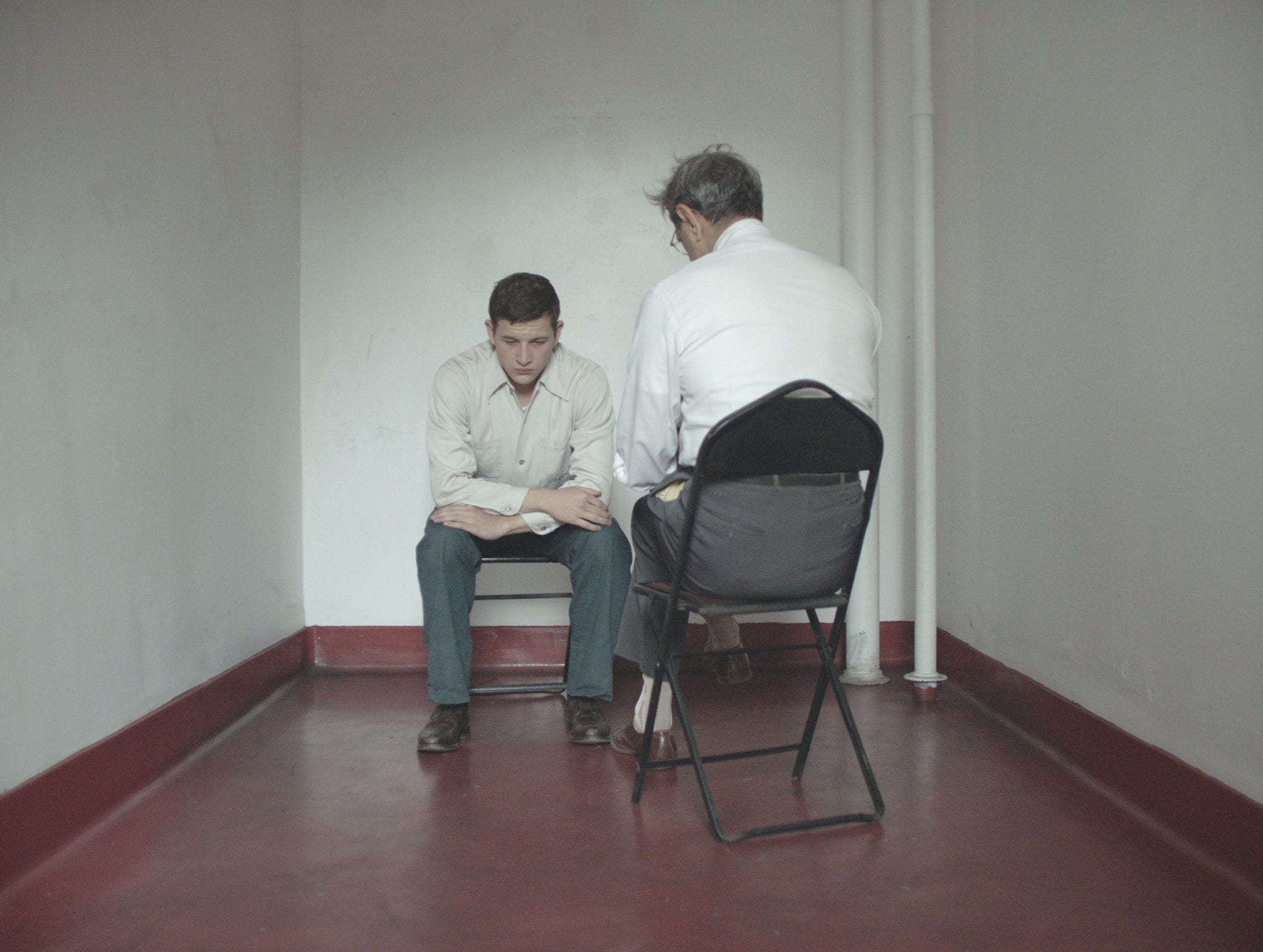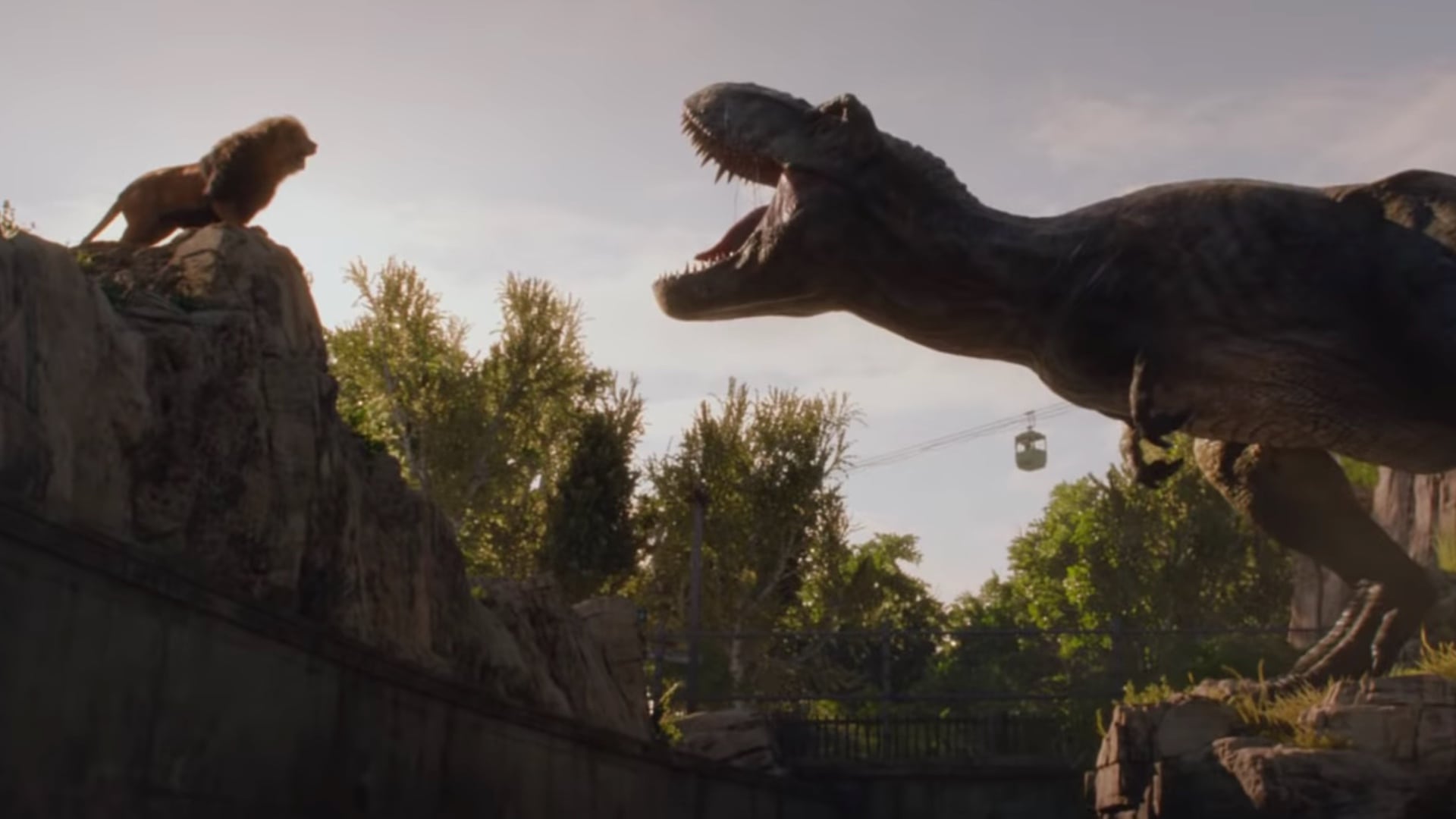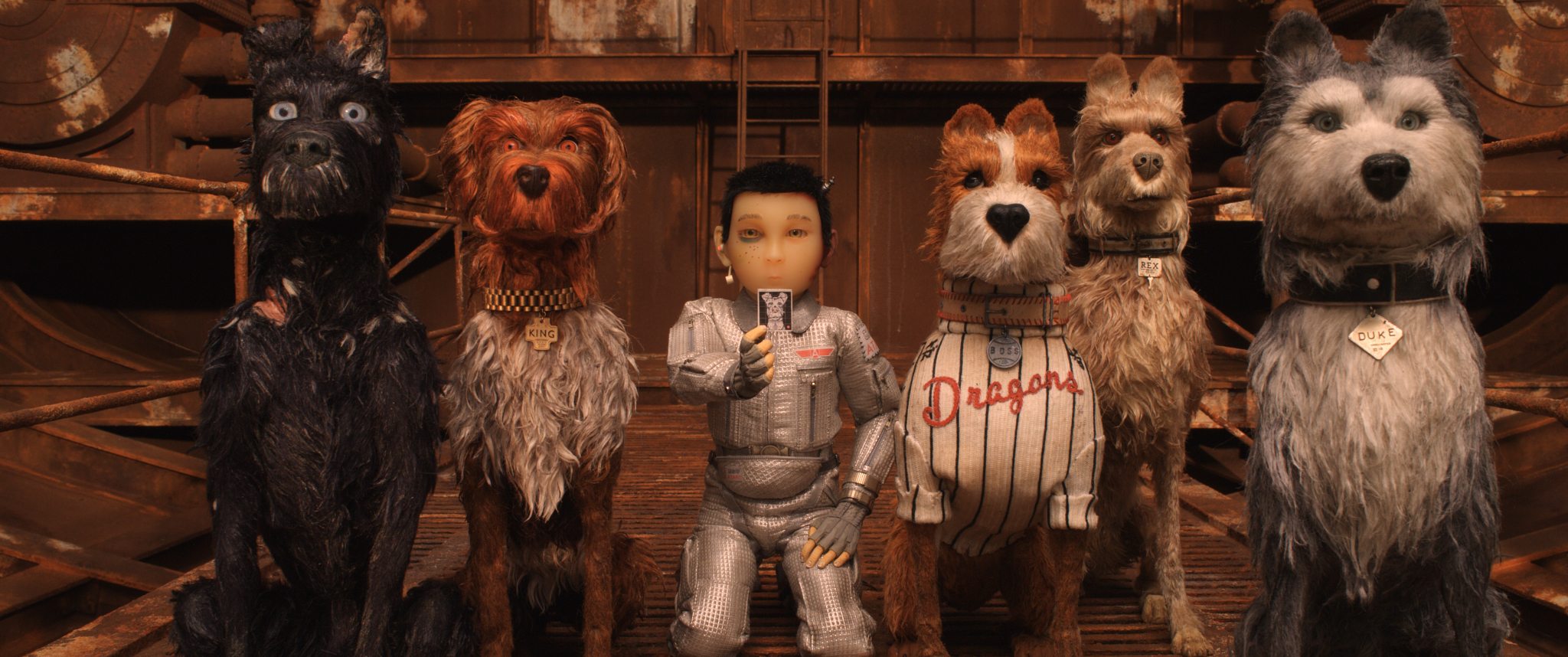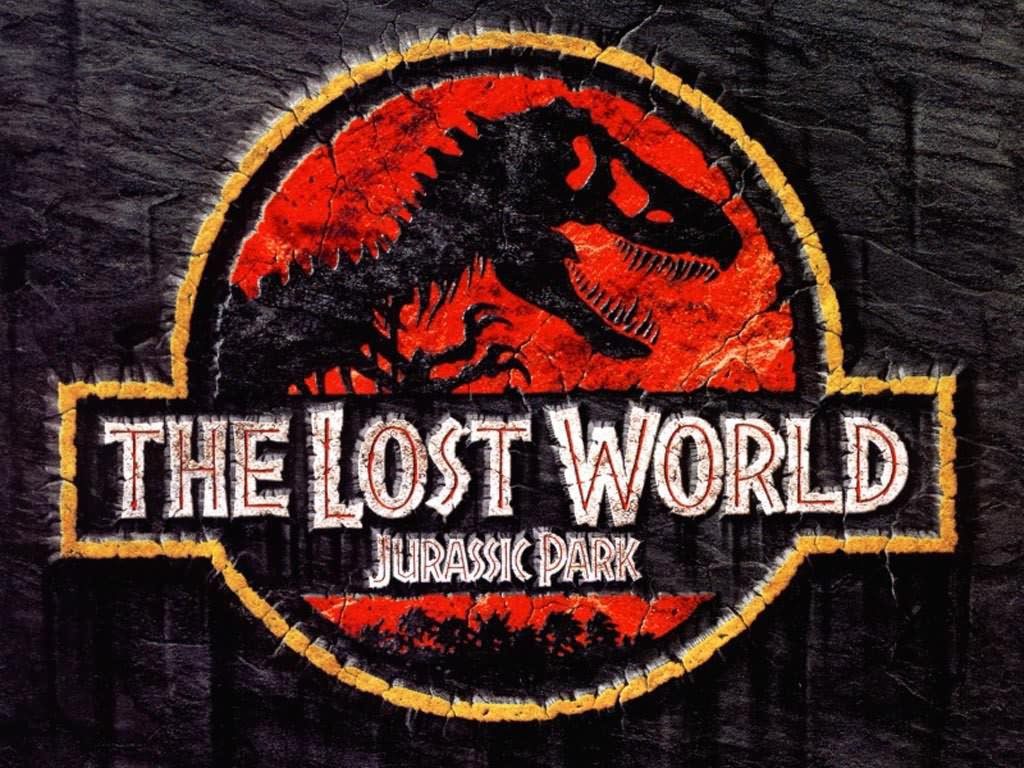
Monster Mondays – The Lost World: Jurassic Park (1997)
By Ben Dower When?Jurassic Park?hit screens in 1993, the film not only wowed audiences with its realistic looking dinosaurs, but also made a fortune at the box office. Almost immediately it seemed that a second?Jurassic Park?film would be inevitable, but there was a big challenge facing the writers: what could possibly happen next? Author Michael…

